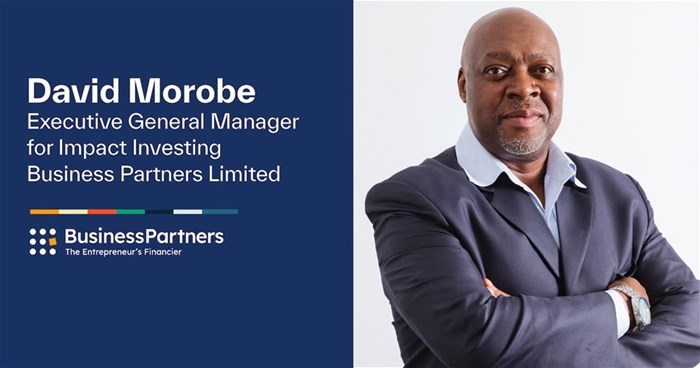2023 put small businesses through the wringer. The cost-of-living crisis threatened the buying power of ordinary consumers, and the rising cost of borrowing due to interest rates made it more difficult for many entrepreneurs to access funding. Despite these very challenging realities, small and medium enterprises (SME) owners maintained a cautious level of optimism that things would look up with the arrival of a new year. Now, as the momentum of 2024 begins to speed up, small business owners need to review, reset and reposition themselves for a successful year.
An overview of the small business sector
According to the most recent SME Confidence Index – a quarterly survey compiled by Business Partners Ltd, SMEs had mixed feelings about the prospects of the new year. SMEs’ confidence that their businesses will grow in the next 12 months went down by five percentage points compared to the beginning of 2023. Ongoing load shedding and the onset of stage six rolling blackouts in late 2023 undoubtedly contributed to this negative sentiment.
Overall, however, SME confidence levels remained generally positive, with evident increases in several areas including the prospect of economic growth. For David Morobe, executive general manager for impact investing at Business Partners Limited, these findings are testament to the innate resilience with which the local SME community has become associated.
“Although 2023 was challenging, it held many invaluable learning opportunities for entrepreneurs. Faced with one of the most grueling start-up environments in the world, entrepreneurs can become overly fixated on the notion of ‘failure'. But failures are only complete defeats when we don’t use them to learn. Let’s ensure that we make 2024 a year of turning those lessons into stepping stones,” says Morobe.
On the topic, Morobe suggests these three areas that SME owners should focus on:
- Compliance in check
It’s no secret that running a small business in South Africa comes with quite a large administrative responsibility and a rather complex legal framework that needs to be navigated.
For example, small businesses need to be registered with the Companies and Intellectual Property Commission (CIPC) as well as with the South African Revenue Service (SARS), once their annual turnover reaches R335,000. Apart from these fundamental compliance checkboxes, SMEs may also need to obtain certain permits or licenses that pertain to their industry.
In addition, SMEs that onboard employees also need to comply with the provisions set out in the Basic Conditions of Employment Act (BCEA), the Labour Relations Act (LRA) and the Employment Equity Act (EEA), which covers aspects such as working hours and workplace conditions.
Making sure that your affairs are in order can be overwhelming, given the sheer number of legalities that need to be worked through. As a starting point, it may be helpful to join an industry body that governs compliance for your particular sector and that provides the information and resources to make sure you’re on track in terms of compliance with the various legislations that apply to SMEs.
- Put people first
2023 was a tough year for businesses, but it was also a tough year for employees. According to research conducted by Aon South Africa, the incidence rate of depression is on the increase globally, with South Africans ranking high on the list of countries where citizens are deeply affected by mental illness.
Furthermore, studies have indicated that in the contemporary workplace – both in South Africa and abroad – burnout is becoming a major inhibitor to the mental wellbeing and career progression of employees. For this reason, burnout was in fact declared an occupational phenomenon by the World Health Organisation in 2019.
In times of economic and social turbulence, the wellbeing of employees should be a top priority, especially in small business environments where teams often face immense pressure to perform in an increasingly competitive marketplace.
In light of this, small business owners should initiate regular check-ins with staff members on an individual basis, create open and transparent forums for discussion, encourage honest feedback and actively address challenges.
- Can you do more with your marketing?
Now is the perfect time for entrepreneurs to look at the analytics and monitor what worked and what didn’t over the past year. Doing this as a regular exercise will help ensure that small businesses aren’t taking the ‘spray and pray’ approach, but that they are basing their decisions on actual results.
Thankfully, there are several free analytical tools that can help entrepreneurs use data to identify important changes in consumer behaviour and how this will likely impact their market in the year ahead.
As Morobe concludes: “Don’t let last year’s data go to waste – it could contain golden insights that can be built upon in future. By looking at past performance metrics, such as customer engagement, conversion rates, and return on investment, entrepreneurs can gain valuable insights into what strategies have worked and where improvements are needed.
"Armed with the right information, small businesses can tailor their marketing strategies to target specific audiences, allocate resources effectively, and optimise their overall marketing approach for the upcoming year. Regularly reviewing and adjusting marketing tactics based on analytical findings is a key driver for staying relevant in a competitive market and ensuring sustained business success.”












































